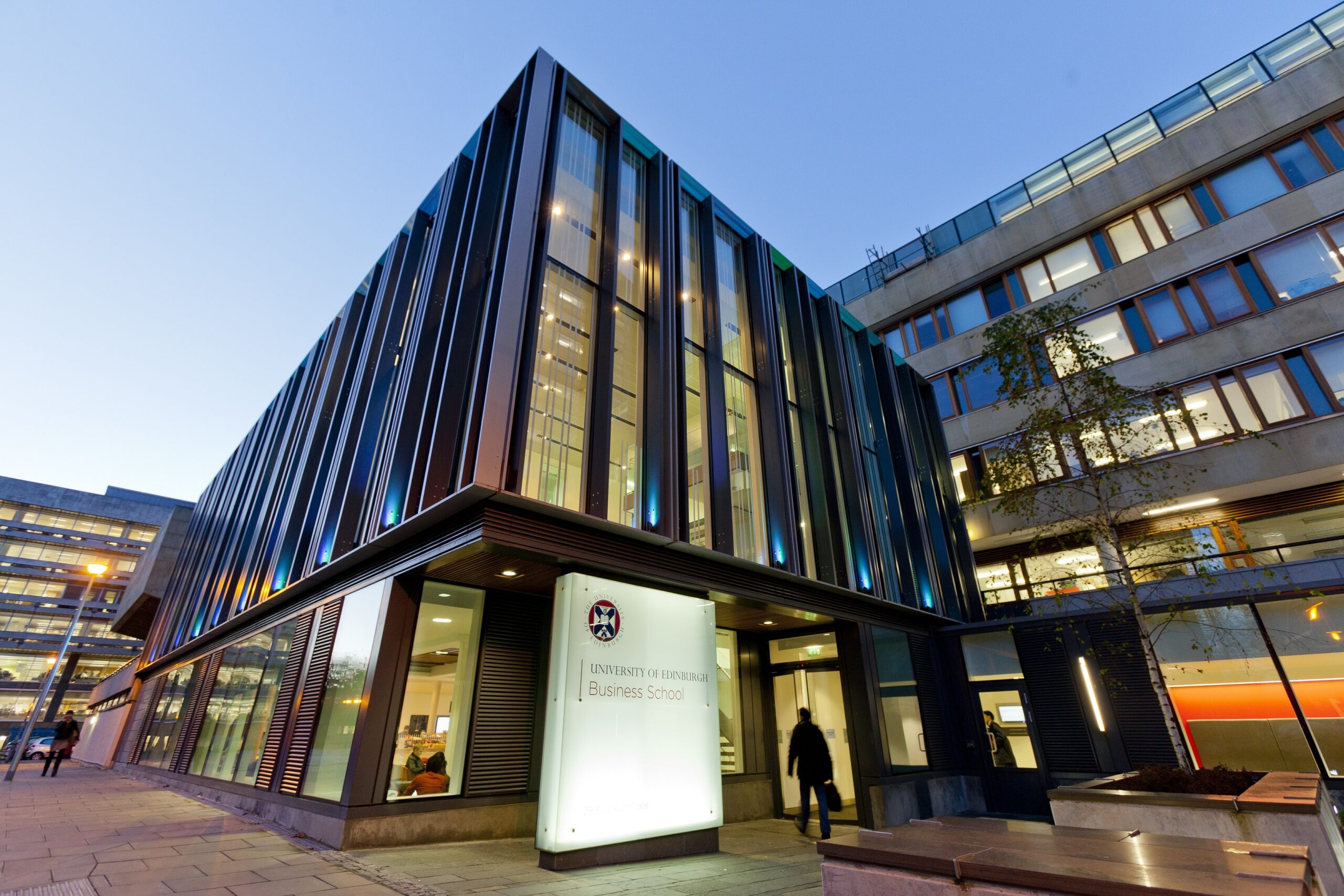A report published by Explorance has provided fresh insight on the role of student voice and ways this can help to deliver transformational business and management education.
The first issue of Feedback Matters, which explores how student feedback – including through course and module evaluation surveys – influences institutional enhancement, is a Business and Management Education Focus Report.
It convenes in-depth thinking from experts in business schools and university-based business and management faculties around the world and shares strategies underpinning student insight; differentiated approaches to capturing, and responding to, student feedback; and specific challenges and how these are being addressed.
The report also highlights best practice case studies on student voice policy and practice and delves into the future for teaching and learning in business and management education, including how student feedback will support this evolution.
Feedback Matters: Business and Management Education Focus Report features authored contributions from senior academic and professional staff at Desautels Faculty of Management, McGill University; The University of Newcastle, Australia (Newcastle Business School); Stockholm School of Economics; University of Edinburgh Business School; and School of Business, The American University in Cairo.
“We help business schools and university-based business and management faculties improve teaching and learning through the way they derive, analyse and respond to student feedback,” said John Atherton, General Manager (Europe and Africa) at Explorance. “There is a wide cross-section of expertise we can draw on, from all over the world, on business and management education – and an opportunity for us to support the development of this community, hence us putting together this report.”
Writing in the report, Professor Jennifer Milam, Pro Vice-Chancellor (Academic Excellence) in the Vice-Chancellor’s Division at The University of Newcastle, Australia (Newcastle Business School), said: “The University embarked upon a cultural shift in how we use course and teacher evaluations to drive excellence and measure the impact of our university. By increasing the reliance on the student voice, the University has created a successful performance development process that encourages, nurtures and rewards individuals for their impact on their students and the wider community.”
Meanwhile, Angela Guadagno, PhD (Academic Associate, Teaching and Learning Services), at Desautels Faculty of Management, McGill University, revealed: “McGill University has a long history of valuing student input on course evaluations, and has developed a system that allows instructors to personalise some of the questions they ask. We plan to continue gathering feedback from students through course evaluations, questionnaires, focus groups and midsemester feedback. Midsemester feedback is particularly valuable to instructors because it allows instructors to make changes and benefit the students who gave the feedback, rather than future students.”
Sherif Kamel, Professor of Management and Dean of the School of Business at The American University in Cairo, added: “The future of learning will continue to change, but student voice will be a powerful informer of that change.”
Student representatives also reinforced the need for universities to take their views on board. At the University of Edinburgh Business School, which recently implemented a new Student Voice policy, current Undergraduate School Representative Florence Barnard and former Undergraduate School Representative Pippa Gosden jointly commented: “The Business School is placing increasing emphasis on the importance of feedback in improving student experience. As a student you feel your voice is being heard. It is especially rewarding when the School listens and acts upon our advice.”
Explorance works with Aarhus University School of Business and Social Sciences, Copenhagen Business School, Emirates Institute for Banking and Financial Studies, Emlyon Executive School, ESA Business School, ESSEC Business School, Grenoble IAE, HEC Paris, IE Business School, IESE Business School, INCAE Business School, McGill University (including Desautels Faculty of Management), Montpellier Business School, Norwegian School of Economics, Presido Graduate School, Simon Business School, Stockholm School of Economics and Villanova University School of Business.
John added: “The report shows just how seriously student voice is being taken and how business schools and university-based business and management faculties are collecting and responding to feedback about different aspects of the experience at different points in time. It is also clear that student ownership and engagement is fundamental to the success of this process.”
